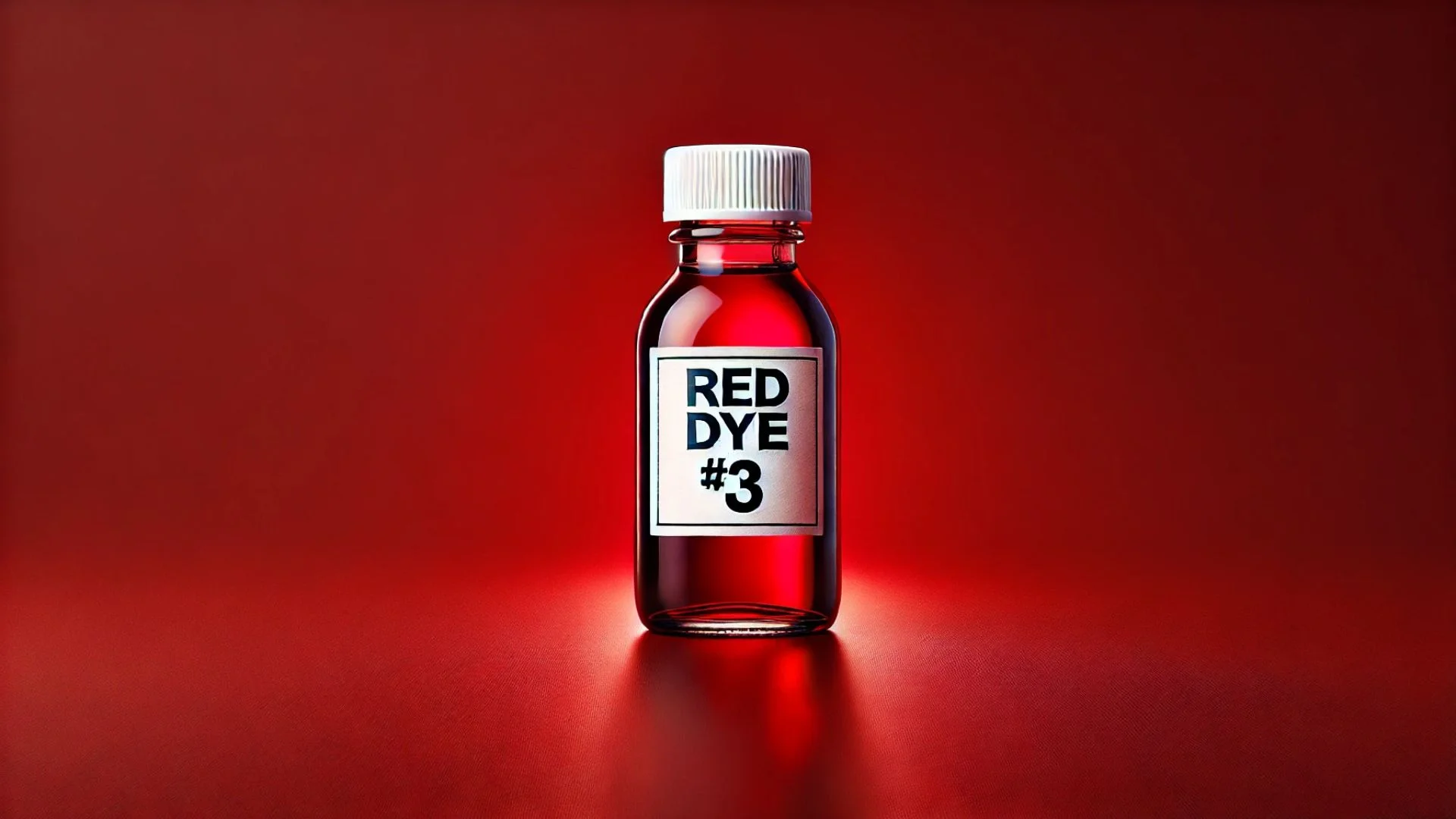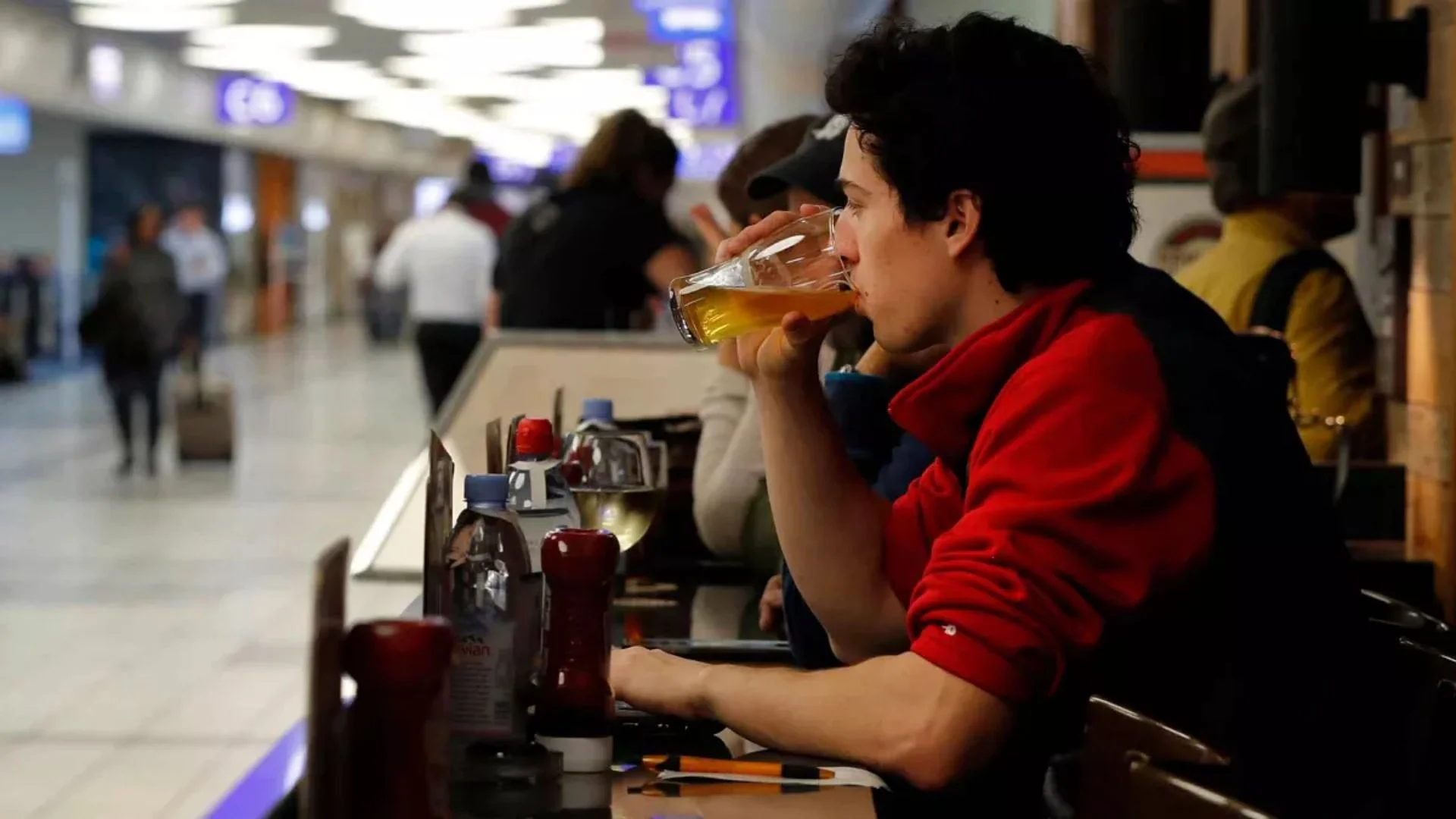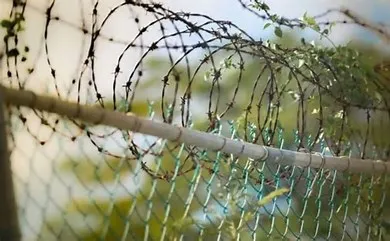A big mound of fresh dirt sits at Terry Taylor’s marijuana farm in the high desert of north-central Washington state. Each hole for a new plant gets filled with the clean soil. Large swaths of recently installed landscape fabric cover the ground, and soon the dirt roads on his property will be covered in crushed rock to keep contaminated dust from covering the crops. Taylor’s pot farm is one of several getting back to business after state regulators halted their operations in April, citing product testing that turned up unacceptable levels of chemicals related to DDT, a synthetic pesticide banned half a century ago.
The affected growers haven’t used the pesticide themselves, but they are located on a 5-mile (8-kilometer) stretch of former fruit orchards along the Okanogan River where it was applied heavily and remains in the soil.
The Washington Liquor and Cannabis Board announced last week it had lifted the holds on the businesses, which are now taking steps with state financial support to keep the residual pesticide at bay and rebuild their brands. The board said it will increase pesticide testing for cannabis from the area. Taylor, 58, said he’s been living off savings since April. His income has been about one-tenth of what it was previously. He normally has about six full time employees and 20 seasonal workers, but now has only two. Pesticides in cannabis are a concern for regulators and consumers in legal pot states around the country, especially because the plant is typically smoked or concentrated, a process that can intensify the levels of pesticides in the final product. Regulators in Vermont early this year pulled pesticide-contaminated pot from five retail stores after a customer reported feeling sick.
Due to marijuana’s illegal status under federal law, states have written their own rules about pesticides in cannabis. There is wide variety about which are regulated and how much of a trace can remain in products. It’s unclear how many states require cannabis to be tested for legacy pesticides such as DDT. Washington state’s recent experience with DDE, a remnant chemical remaining in the soil as DDT breaks down, suggests such regulations only go so far in protecting public health. A chemist for the Liquor and Cannabis Board in March noticed several high test results for DDE and traced them to a single growing area. There were 108 samples tested from the companies and 59 came back with unapproved levels of DDE, the board said.
Studies have shown women with high amounts of DDE in their blood were more likely to give birth prematurely or have a baby with a wheeze, according to the US Centres for Disease Control and Prevention.

















